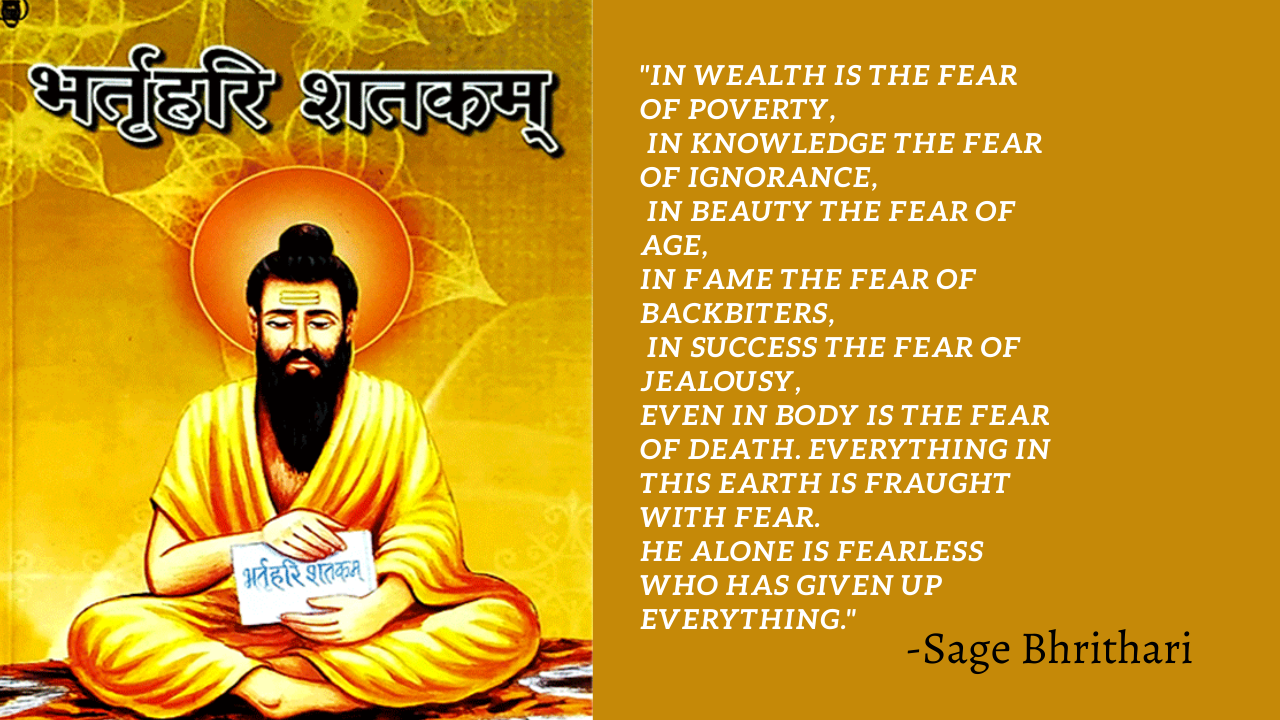"Nature is God" - The Idea that connects Baruch Spinoza and Rabindranath Tagore.
Since the time earth ever created thinking human beings, the most persistent questions asked by all cultures, whether be the ancient Greeks, Romans, Egyptians or Indians is this - What is the point of life and this universe? What is this play all about and who is it's script-writer and director?
As human brains continued to evolve, we ourselves kept answering this cosmically complex question by various thoughts, assumptions, metaphysics and so on. It was as if there was no impulse to live without the answer of this question - hence, every society adopted certain 'widely agreed' answers to the question - all according to their own mental maturity, popular influences etc. World religions were thus born.
In a way, we humans tried to encompass the infinite by the finite - as if numbers 1,2 and 3 attempted to know the entire set of complex number system themselves.
Dutch philosopher Baruch Spinoza has a very interesting stance on this matter.
Baruch Spinoza was an outstanding seventeenth-century philosopher of Jewish descent. The philosopher, mainly influenced by Cartesian thoughts, significantly changed views on the essence of God, rejecting the traditional Jewish teaching of his family, for which he was excluded from Jewish community.
Without a doubt, the most important idea invented by Spinoza was concept:
"God nature"
At the very beginning, it is worth emphasizing that God is not a being. Spinoza believed that all nature consists of a substance from which everything has arisen, still arising, and will arise. In sense, nature is an accomplished being.
A common question thrown to "the religious God" - If God exists, why there is so much miseries in the universe?
Spinoza's God concept perfectly answers this paradoxical question.
In Spinoza's view, God as nature is not distinguished by morality or wisdom because it is not binded by such human-invented terms.
For example, in a documentary about Lions, if a lion kills a deer, then he's a hero and booyah! He kills the deer.
But in a documentary of deers, the same lion killing the deer is considered morally unjust and utterly painful!
Hence, morality and justice in human conception is a very vague term objectively.
If Spinoza's God is unaware of all this, then its power is also blind. If it is a blind force, it is unable to consciously shape human life. Hence, God cannot care about human fate. It is all a spontaneous series of events.
What about free-will of humans then? Don't we think we all are separate decision makers, fate deciders of our own life?
A simple, straightforward answer - Spinoza says that it is only man's ignorance that creates an illusion that he is free. In reality, he has no clue of how the bigger schemes of universe works.
Sri Ramkrishna gives a beautiful example explaining this false illusion of human free will. He says that human free will is like a bull tied with a rope. Within the rope's range, the bull moves freely, and thinks that it is free - but just as it tries to cross it - it realises that it is tied - and that in reality - there is a limit to the bull's movements.
If we think deeply, we hardly have any control over our life. Things rarely go the planned way 10, 20 years down the line. None can confidently claim to know what's going to happen next minute.
We move our hands and legs just by thinking about it, but have we ever wondered how magically it is happening? Such an irony, we live but can't explain how or why we live!
Spinoza on "Religion's God"
Baruch believed that main religions presenting a personal God, push superstitions into people, which they try to explain the operations of the world.
Thus, he opined that instead of "believing" in truth, which obscures humans of attaining wisdom, one must do self-inquiry.
Religions offer satisfsctory but shallow explainations that fool people and oversimplify man's views of the immensely complex and mysterious universe.
"This I know, that between finite and infinite, there is no comparison; so the difference between God and the greatest, most excellent creation - is no less than the difference between God and the lowliest, insignificant creation."
- Baruch Spinoza
The Poetry of Rabindranath Tagore directly sprang from the idea - "Nature is God"
Tagore was a follower of Romanticism. Accordingly, his love for Nature (Prakriti) was legendary which found expression through his innumerable poems.
"God finds himself by creating."
"Religion, like poetry, is not a mere idea, it is expression. The self-expression of God is in the endless variety of creation; and our attitude toward the Infinite Being must also in its expression have a variety of individuality - ceaseless and unending."
"... our daily worship of God is not really the process of gradual acquisition of him, but the daily process of surrendering ourselves, removing all obstacles to union and extending our consciousness of him in devotion and service, in goodness and in love..."
"The meaning of our self is not to be found in its separateness from God and others, but in the ceaseless realization of yoga, of union."
"The object of education is to give man the unity of truth... I believe in a spiritual world - not as anything separate from this world - but as its innermost truth. With the breath we draw we must always feel this truth, that we are living in God."
- Rabindranath Tagore.
Thanks,
Daksh Parekh.



Comments
Post a Comment